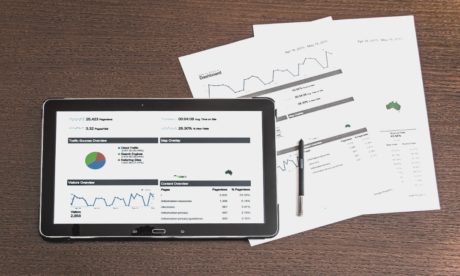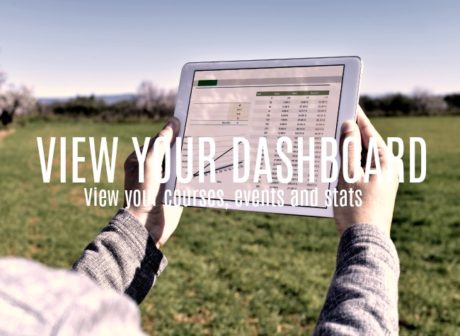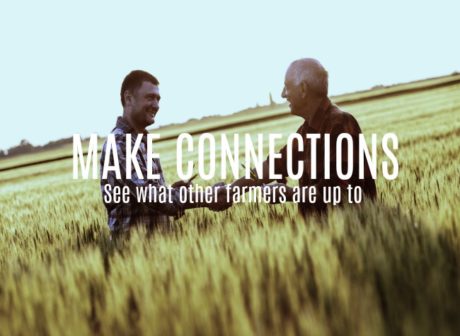This tale can be acquired solely to Insider readers. Become an Insider and commence checking out now.
“For people who desire to whine and moan how online dating sites is not functioning,” states psychologist Eli Finkel, “go back in time to 1975. Query somebody, ‘precisely what does they feel just like to not have any realistic possibility for meeting somebody that you might potentially embark on a date with?'”
At the very least you have got a combating chance.
Finkel was a psychologist at Northwestern college and a professor on Kellogg college of Management; he is in addition mcdougal of “The All-or-Nothing Marriage.” Finkel and his awesome colleagues currently learning online dating sites for decades.
Her present conclusion is that the coordinating algorithms plenty enterprises state they used to pick their true love don’t work. The biggest advantageous asset of online dating, Finkel advised businesses Insider, is that they introduces you to lots (and tons) of individuals.
And that’s why Finkel thinks Tinder, Bumble, and comparable software that allow you to find possible dates rapidly but don’t purport to utilize any medical algorithm, are the most useful selection for singles today.
“These companies you should not declare that they will offer you their soulmate, and they never claim that possible determine that is compatible with you from a profile. You just swipe on this subject things right after which satisfy over a pint of beer or a cup of coffees.
“and that I consider here is the best solution. Online dating sites was a tremendous house for all of us because it broadens the dating share and presents united states to people just who we if not would not bring found.”
Finkel’s newest bit of investigation on the subject is a research the guy co-authored with Samantha Joel and Paul Eastwick and published inside the record emotional technology. The experts got undergraduates fill out questionnaires about their personality, their well-being, in addition to their choices in a partner. Chances are they ready the scholars free in a speed-dating session to see if they may anticipate who does including just who.
As it turns out, the scientists could foresee nothing. In fact, the mathematical unit they made use of performed a tough work of anticipating interest than simply taking the typical interest between two pupils from inside the experiment.
Certain, the model could anticipate people’s common tendency to like many folk in order to be liked inturn. But it couldn’t predict exactly how much one specific person enjoyed another specific people — which had been sort of your whole aim.
In 2012, Finkel co-authored a long analysis, posted inside record Psychological Science in community Interest, of numerous dating sites and software, and laid out a number of restrictions to internet dating.
Like, lots of online dating services inquire everyone what they need in someone and use their own answers to get a hold of suits. But studies shows that the majority of us become incorrect by what we wish in someone — the characteristics that attract you on paper may possibly not be appealing IRL.
Where evaluation, too, Finkel along with his co-authors recommended the best thing about online dating sites would be that it widens the share of prospective mates. That’s what apps like Tinder and Bumble present.
“[S]uperficiality is clearly Tinder’s biggest resource. Singles typically you shouldn’t embrace an either/or method of online dating — possibly everyday sex or a life threatening union. A lot of them desire enjoyable, fulfill interesting anyone, feel sexual interest and, at some point, settle into a life threatening relationship. Causing all of that begins with a quick and dirty assessment of rapport and chemistry that develops when individuals very first fulfill one on one.”
To make sure, Finkel acknowledges downsides to having countless go out choice. During the 2012 review, Finkel along with his co-worker used the term “solution excess” to spell it out what are the results when anyone find yourself generating worse romantic selection when they’ve had gotten more of a selection. (Additional psychologists state we could wind-up producing bad behavior overall when we’ve have unnecessary possibilities.)
Mandy Ginsberg, the President of fit class America, who oversees Match, a number of Fish, and OKCupid, alluded to anything comparable whenever she said online dating isn’t a panacea. She earlier advised businesses Insider that she nevertheless hears about “ability to have chemistry, or people not positive about their intent, or venturing out on unlimited first schedules and nothing ever clicking.”
The funny-but-sad benefit of internet dating is the fact that, even though it provides a lot more choice and presumably enhances your chances of satisfying anybody, you could feel even worse down than that man or woman surviving in 1975. That’s because in place of happening one blah big date, you eliminated on 27.
In the long run, there’s absolutely no assurance might fulfill anyone internet based. But Finkel stated the most effective way for singles to begin a relationship to accomplish are get-out there and date — plenty. And Tinder enables you to accomplish that.
According Growlr profiles to his newest study, Finkel said, “a good thing to accomplish is to obtain across a desk from individuals and then try to utilize the algorithm in the middle of your ears to try and ascertain whether there’s some compatibility around.”








0 responses on "A psychologist says applications like Tinder and Bumble became the only online dating services worth your own time"